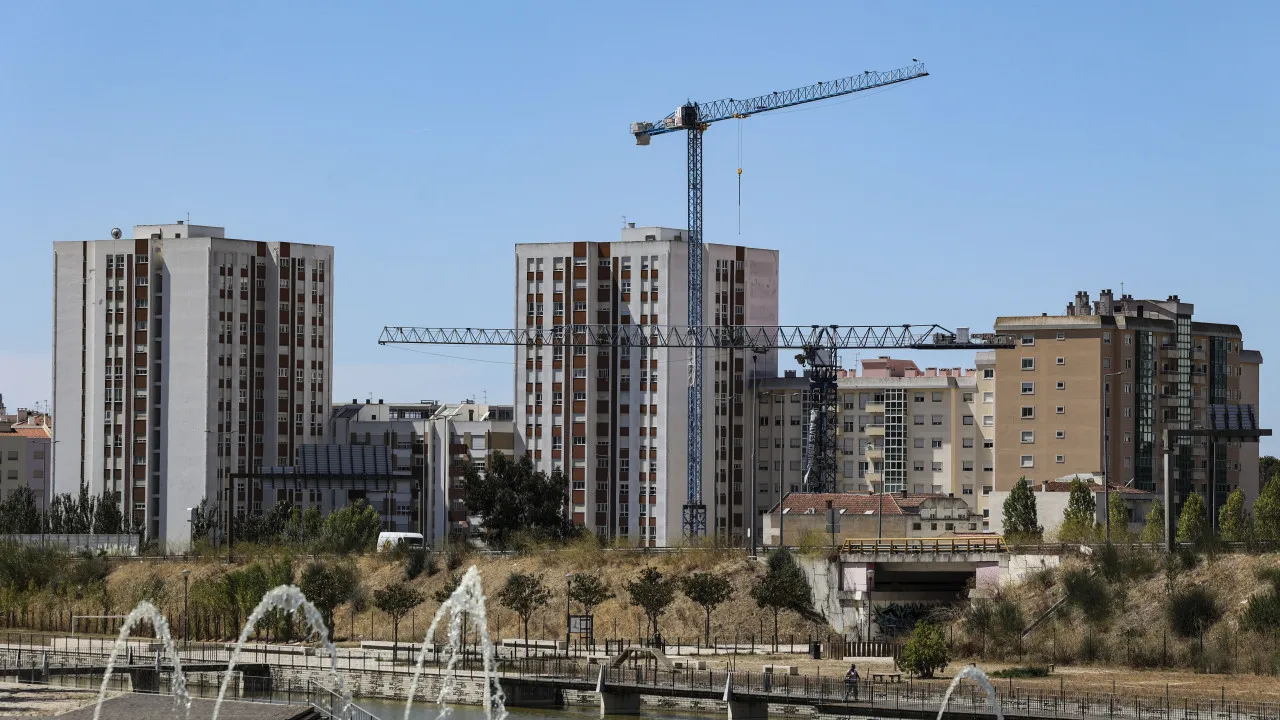
Current fluctuations have led the three-month Euribor rate to rise to 1.984%, while remaining below the six-month (2.089%) and 12-month (2.118%) rates.
The six-month Euribor rate, which became the most widely used rate in Portugal for variable-rate mortgage loans as of January 2024, increased today, reaching 2.089%, a gain of 0.014 percentage points from Tuesday.
According to data from the Bank of Portugal (BdP) for June, the six-month Euribor accounted for 37.74% of the stock of loans for permanent home mortgages with variable rates.
The same data shows that the 12-month and three-month Euribor rates represented 32.28% and 25.58%, respectively.
The 12-month Euribor rate decreased, being set at 2.118%, down by 0.011 percentage points.
Conversely, the three-month Euribor increased to 1.984%, an increment of 0.011 percentage points from the previous session.
During the last monetary policy meeting on July 24, the European Central Bank (ECB) kept the leading rates unchanged, as anticipated by markets, following eight reductions since the entity began this rate-cutting cycle in June 2024.
While some analysts expect the key rates to remain steady through the end of the year, others predict a new cut of 25 basis points in September.
The ECB’s next monetary policy meeting is scheduled for September 10 and 11 in Frankfurt.
In July, the monthly averages of the Euribor reversed recent trends, slightly increasing for the shortest terms, with the most pronounced rise in the six-month tenure.
The July average for the three-month Euribor rose 0.002 points to 1.986%, and the six-month Euribor increased 0.005 points to 2.055%.
The 12-month Euribor average, after being stable in June, slightly decreased in July by 0.002 points to 2.079%.
The Euribor rates are determined by the average rates at which a group of 19 eurozone banks are willing to lend money to each other in the interbank market.




